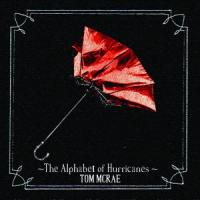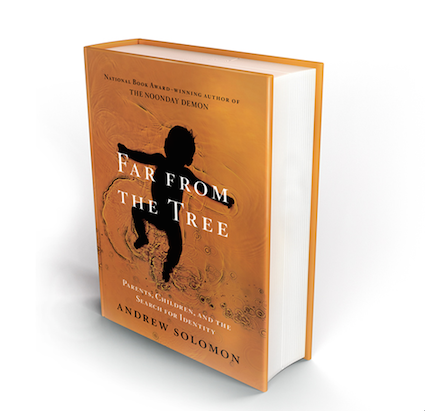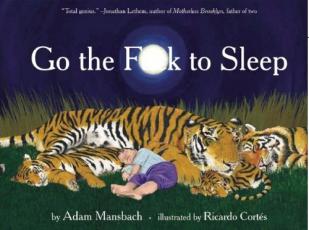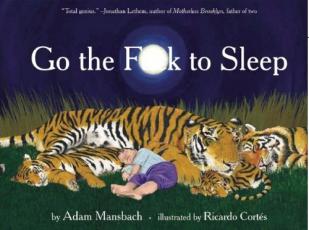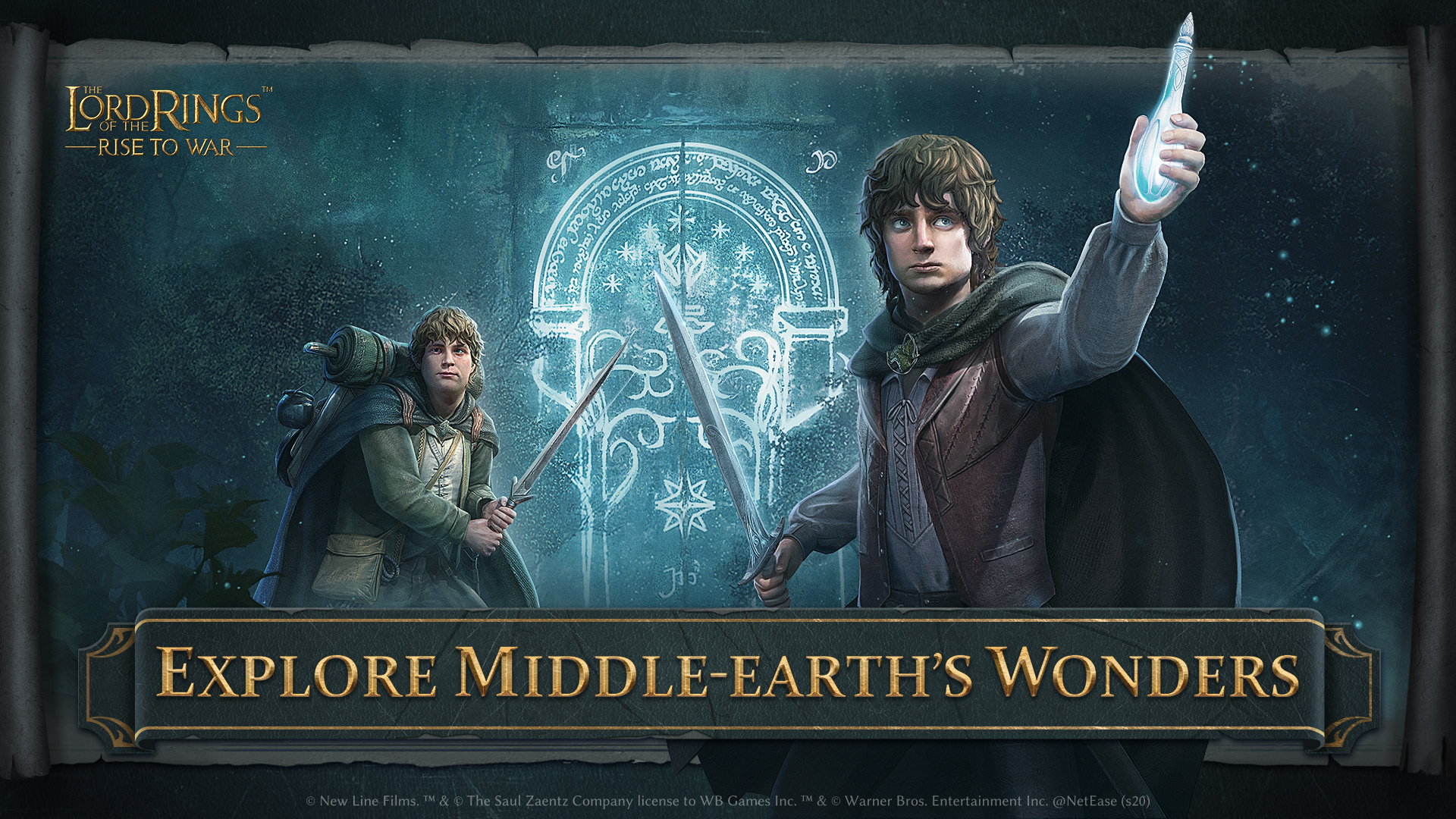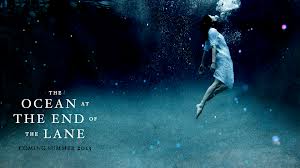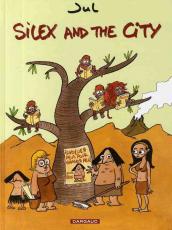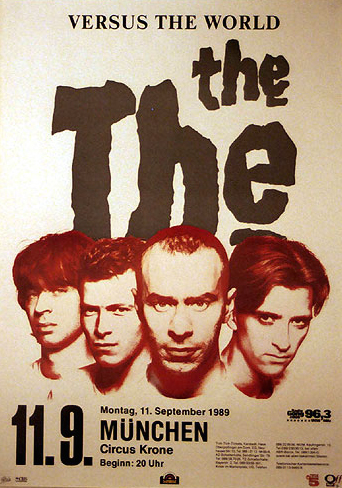THE ROMAN CAVALRY. From the First to the Third Century AD
Dossiers

Livres, actualités : tout sur Virginia Woolf
Née Adeline Virginia Alexandra Stephen en 1882, Virginia Woolf grandit dans une famille aisée, où elle dispose d'un accès facilité à l'art et à la culture de son époque. Les disparitions de sa mère, en 1895, de sa demi-sœur puis de son père fragilisent toutefois son état émotionnel : elle devient sujette aux dépressions nerveuses. En 1915, elle publie son premier roman, The Voyage Out, après quelques années d'activité au sein du supplément littéraire du Times.

Livres, actualités : tout sur Andrée Chedid
Née le 20 mars 1920 au Caire, en Égypte, sous le nom Andrée Saab, Andrée Chedid y mène ses études, apprenant le français et l'anglais, et utilisant de manière ponctuelle l'arabe. Avec son mari Louis Selim Chedid, qu'elle épouse en 1942, elle part au Liban l'année suivante, où elle publie son premier recueil poétique, On the Trails of My Fancy, sous le pseudonyme A. Lake.

Courir ou mourir : Le Labyrinthe, la saga de James Dashner
Depuis la publication du premier livre en 2009, la saga Le Labyrinthe (titre original : The Maze Runner), écrite par James Dashner, a marqué une génération d'adolescents et jeunes adultes par son intrigue captivante, ses personnages attachants et sa représentation métaphorique des défis de l'adolescence. Cette saga dystopique a séduit des millions de lecteurs à travers le monde et a inspiré une série de films à succès.

Foire du Livre de Francfort 2019 : la Norvège à l'honneur
La Foire du Livre de Francfort 2019, 71e édition, se déroulera du 16 au 20 octobre. L'un des plus importants salons du monde du livre européen fera cette fois une place d'honneur à la Norvège. « The dream we carry », ou le « Le rêve que nous faisons », titre du programme mis en œuvre par le pays, promet beaucoup, et notamment des focus sur la liberté d'expression et sur les auteurs et livres féministes.

Livres, actualités : tout sur Virginie Despentes
Née le 13 juin 1969 à Nancy, Virginie Despentes fait une entrée fracassante en littérature avec Baise-moi, un premier roman écrit en quelques semaines, provocateur et dérangeant, qui devient, grâce au bouche-à-oreille et à une exposition médiatique inattendue, un succès. Après deux autres romans, l'adaptation cinématographique de son premier livre, réalisée avec Coralie Trinh Thi, termine d'asseoir sa réputation d'auteure féministe et jusqu'au-boutiste.

Pour Noël, offrez-vous une cure d'imaginaire
Voyager à travers des mondes imaginaires, à la rencontre de personnages fantastiques, explorer des univers de magies, ou de science futuriste, croiser des créatures légendaires, voire monstrueuses, prendre part à des cérémonies avec des peuples féériques, ou extraplanétaires… Les littératures de l’imaginaire sont autant de portes ouvertes vers des ailleurs, qui vous tendent les bras.
Extraits
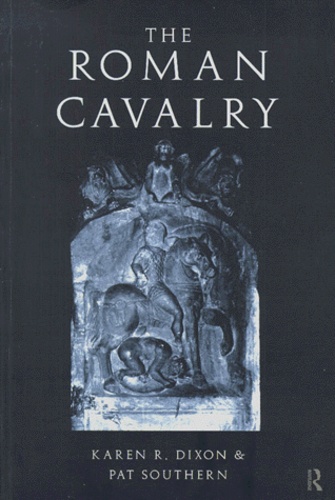
Histoire ancienne
THE ROMAN CAVALRY. From the First to the Third Century AD
01/1992
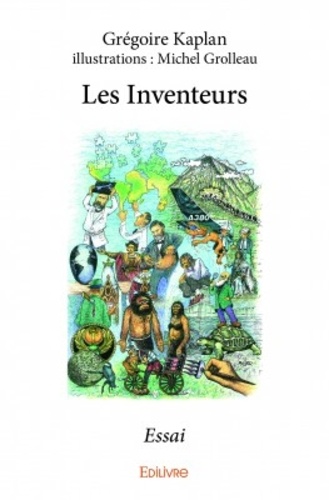
Littérature française
Les inventeurs. Essai
02/2017
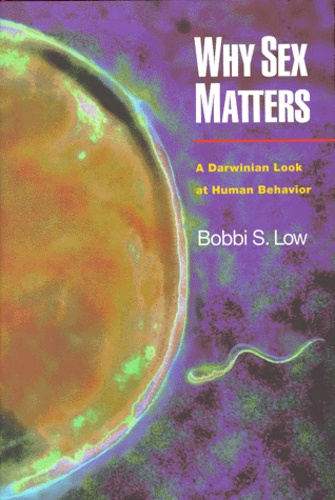
Histoire et Philosophiesophie
WHY SEX MATTERS. A Darwinian Look at Human Behavior
01/2000
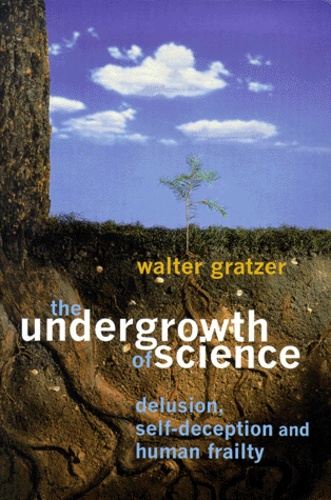
Histoire et Philosophiesophie
The Undergrowth of Science. Delusion, self-deception and human frailty
01/2000
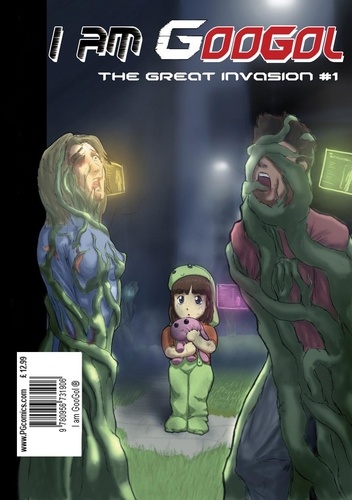
BD tout public
I am GooGol - The Great Invasion
12/2010
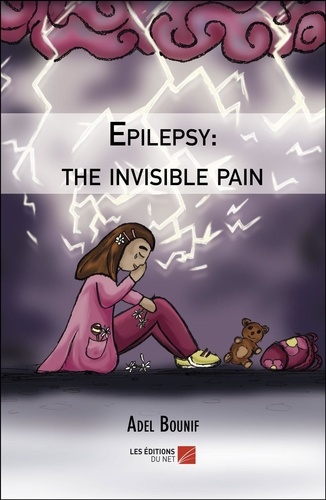
Poésie
Epilepsy: the invisible pain
01/2019

